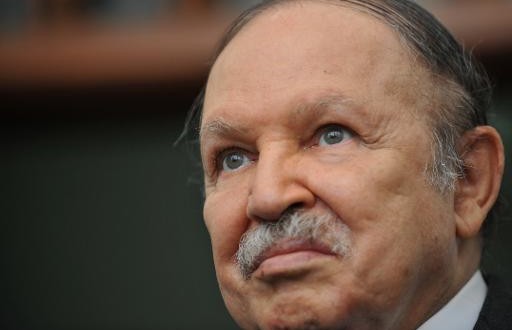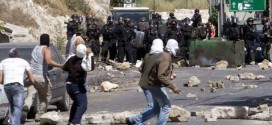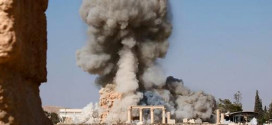France-based international Media organization Reporters Without Borders (RSF) on Thursday hit out at Algerian authorities for delaying the issue of visas for foreign journalists who want to cover the Presidential elections in the country. Many journalists were “issued visas late in the day accompanied by drastic restrictions”, the Paris based organization said in its statement, issued on the eve of the polls.
“Visas are usually issued in two weeks but have been taking much longer in the run-up to the elections”, it said. On Wednesday, several journalists were still waiting for a reply regarding their visa applications.
Abdelaziz Bouteflika, Algeria’s ailing President, is expected to win his fourth term in office against five candidates in the poll; his main rival in the elections, Ali Benflis, has already issued out a warning about election fraud. Over 260,000 policemen have been deployed all over the country to guarantee protection and safety in the 50,000 polling booths set up for the polls to accommodate 23 million Algerian voters.
The RSF has said that foreign journalists who have already obtained their visas “will be able to cover voting day itself but, in practice, they have been prevented from doing any investigative reporting ahead of what is a crucial election for Algeria, one marked by protests about Bouteflika’s candidacy and questions about his health problems”. It added that the visas issued were “subject to geographic, editorial and time restrictions. Foreign reporters must obtain special permits to visit certain regions” and that the “documents they get from the information ministry instruct them to limit their questions to matters relating to the election.”
In her statement, Head Of Research at Reporters Without Borders Lucie Morillon said “We registered arrests of Algerian journalists during street protests against President Abdelaziz Bouteflika’s decision to run for a fourth term, and this does not bode well for their ability to cover this elections in an unimpeded manner. As for foreign journalists, many of them were issued visas late in the day accompanied by drastic restrictions, and yet the international media have a important role to play in a country in which the domestic media are badly lacking in pluralism and the level of self-censorship is very high”.
 The Arab Democrat The Latest From The Arab World
The Arab Democrat The Latest From The Arab World





